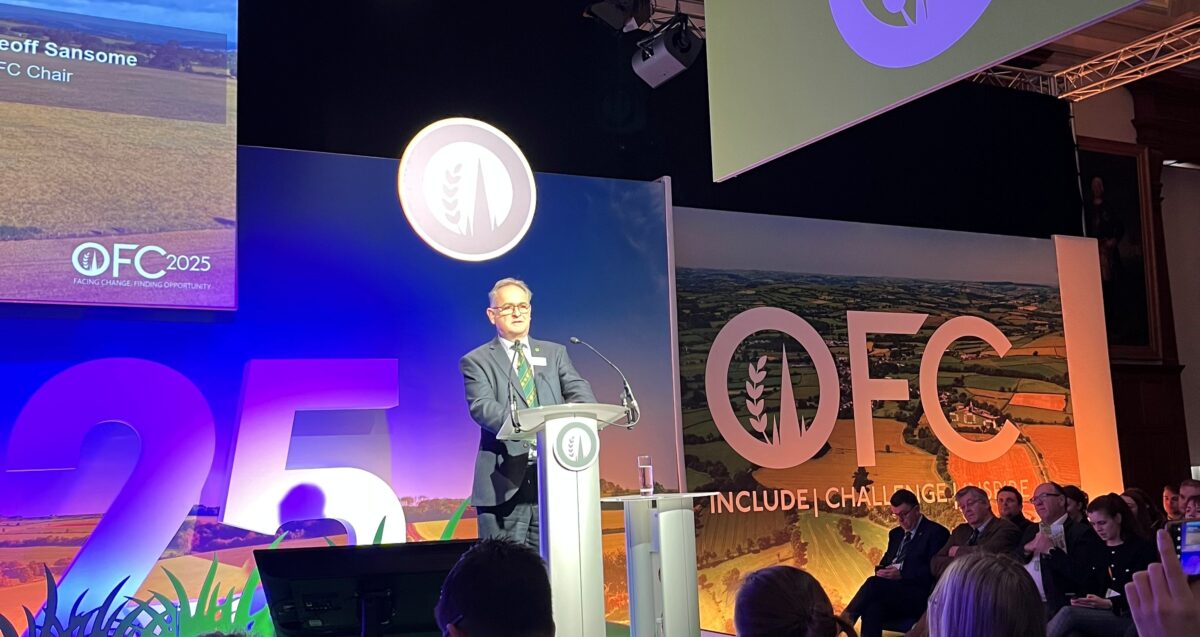Firstly, the Advertising Standards Authority (ASA) released new guidelines to sow the seeds of compliance for communicating and promoting regenerative farming initiatives with confidence.
This coincided with the much-anticipated launch of this year’s Christmas advertising campaigns. Frequently an evocative reminder of the power of emotive storytelling and putting your audience front and centre of any campaign to capture attention.
John Lewis & Partners Christmas advert 2024: The Gifting hour
Tesco Christmas advert 2024: Helping #FeedYourChristmasSpirit
Creating a storytelling narrative that stands up with integrity
As these two moments intersect, they highlight the importance of balancing compelling narratives with substantiated claims, especially for brands in agriculture, food, and environmental sectors.
For companies addressing rural and agricultural audiences, this means navigating an increasingly complex landscape where consumer expectations and regulatory demands are growing.
See also – Budget a stark reality check for British farmers | Pinstone PR
The ASA’s guidelines aim to prevent “greenwashing” in ads related to regenerative farming, a term still lacking an official definition but increasingly used to describe sustainable agricultural practices.
The new guidance encourages brands to avoid absolute or overly broad claims and instead focus on specific, measurable outcomes. Given the growing consumer interest in sustainability, advertisers are reminded to communicate clearly and factually to avoid misleading their audiences.
ASA seeks to build trust into sustainability claims
With the term “regenerative” covering a wide range of farming approaches—from soil health and crop rotations to livestock integration—the guidelines recommend that advertisers clarify which specific practices they are adopting, rather than using generalised claims. This approach encourages advertisers to be transparent about both their actions and measurable results, fostering consumer trust while protecting against accusations of greenwashing.
In the absence of a universal definition or formalised standards for ‘regen’, brands must be especially careful in their sustainability messaging, ensuring that claims are based on verifiable, present-day actions rather than future promises. By focusing on measurable outcomes, companies can communicate their regenerative efforts without overstepping the mark and risk misleading their audience.
Emotive storytelling and the art of engagement
The Christmas ad campaigns released this week serve as a reminder of the power of emotional storytelling. With John Lewis focusing on family connections and Tesco highlighting the role of food in holiday gatherings to insight a memory.
Both ads capture the spirit of the season and seek to forge connections with audiences on a deeply personal level. This storytelling approach is valuable not only in consumer advertising. It is equally valuable for brands in sectors like food, farming and the environment, where connecting with values and system choices can be just as impactful, but often overlooked in favour of a more direct, commercially driven ‘hard sell’
However, for brands dealing with complex topics like sustainability, this emotional appeal must be balanced with credible claims. Farming and environmental brands, for example, have the opportunity to engage audiences by telling stories about the real, tangible impact of their sustainable practices—but these stories must be grounded in fact. Emotive storytelling is a powerful tool, and most effective when it aligns with well-documented and transparent actions.
Finding the balance between inspiration and integrity in advertising
This week’s events highlight an essential balance that is required in today’s advertising. Captivating the audience while ensuring transparency and substantiation.
The ASA’s new standards underscore the need for brands to communicate honestly and avoid overclaiming on sustainability initiatives, while the Christmas ads remind us of the role of genuine connection in storytelling.
As we navigate an era of heightened awareness around environmental claims, finding this balance is more critical than ever. By focusing on authenticity, transparency, and evidence-backed claims, brands can engage audiences meaningfully, building both emotional connections and trust.






















